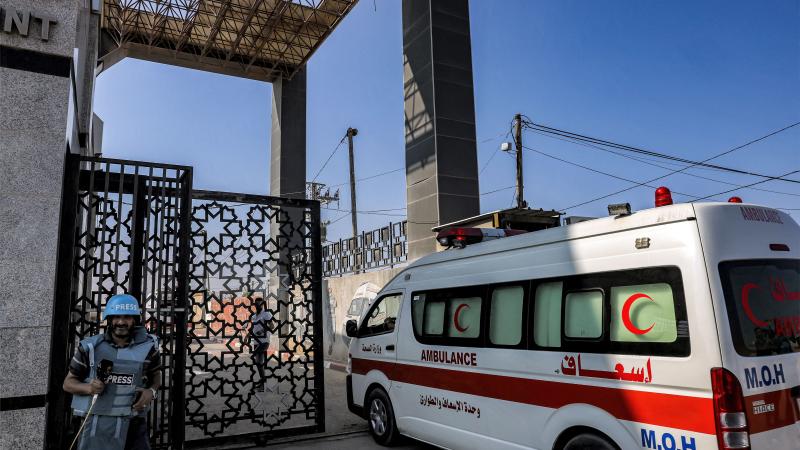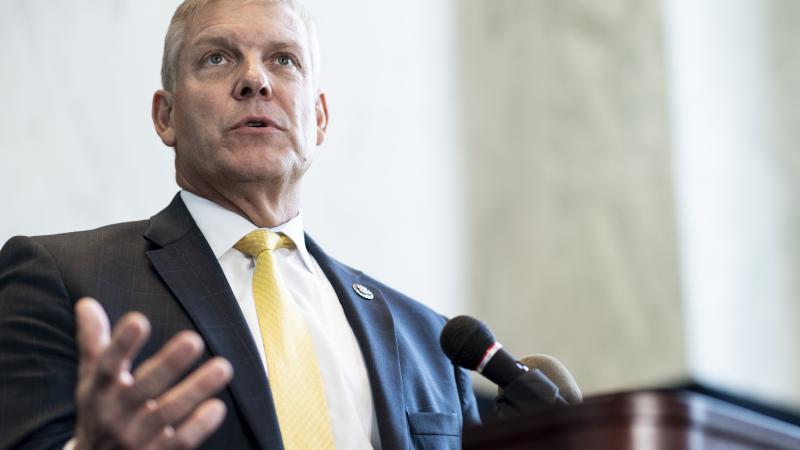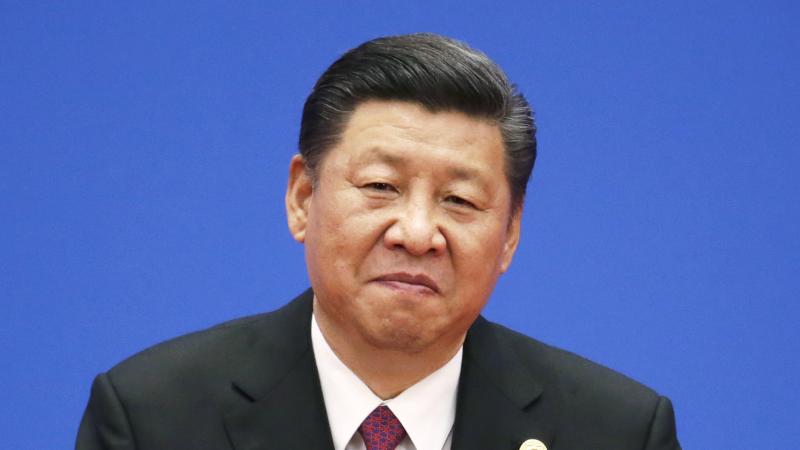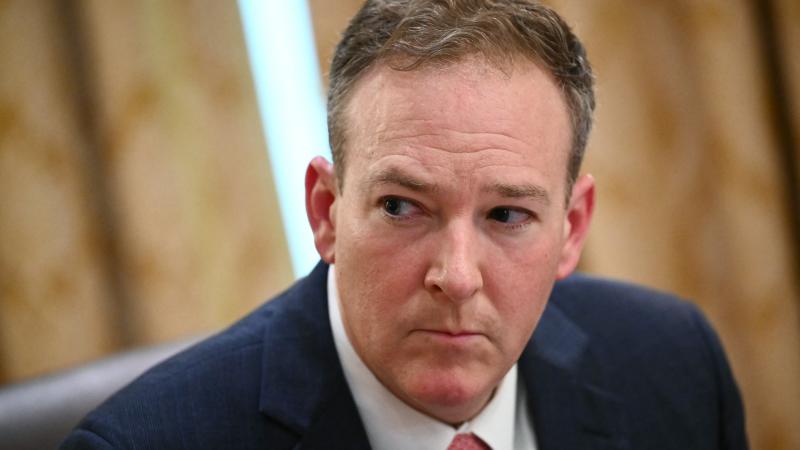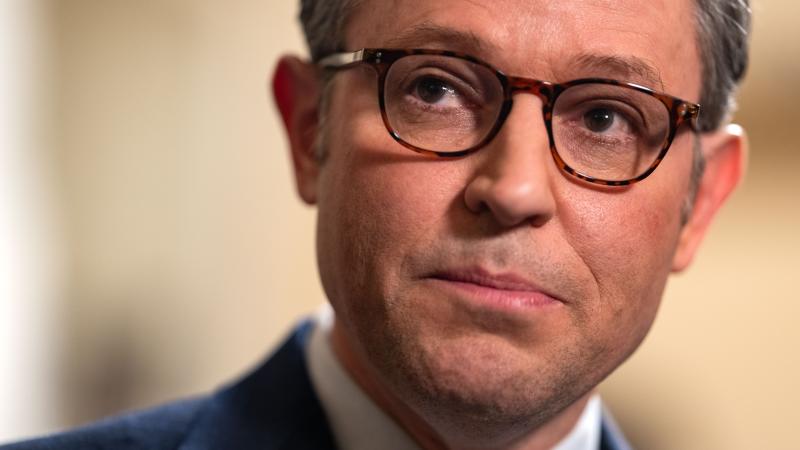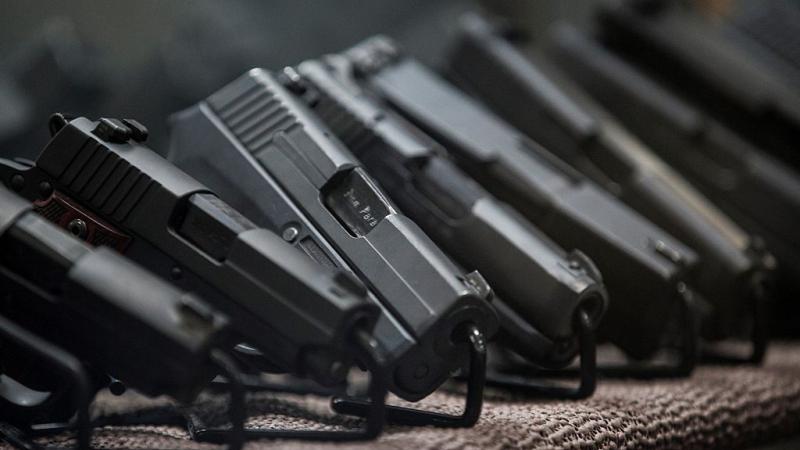Iran 'ready to explode' with more protests against regime-induced crises, experts say
The protests can spring from "any kind of trigger," said Iran specialist Behnam Ben Taleblu.
Civil unrest has grown so pervasive inside Iran that any social or economic problem could spark fresh rounds of protests that have wracked the volatile country, according to experts.
Rather than erupting from a political flashpoint, the protests "can have any kind of trigger whatsoever: labor, environmental, social, economic," said Iran specialist Behnam Ben Taleblu, a senior fellow at the Foundation for Defense of Democracies. Ben Taleblu made his comments as part of an upcoming appearance on the John Solomon Reports podcast.
The protests recently erupted around the country in major urban centers, including Tehran and Tabriz, Ben Taleblu said.
The demonstrations followed unrest in Khuzestan province and elsewhere, observers said. They occurred in response to severe water shortages, power outages, escalating prices, and other issues.
In Khuzestan, people are grappling with a water crisis that has caused a marsh to go dry and livestock to perish. The area is among many that is struggling after the government reportedly built dams that diverted key water supplies.
Iranians have taken to the streets out of extreme frustration with how the regime in Tehran is exacerbating or neglecting the nationwide difficulties, according to Tehran-born Peymaneh Shafi, who lives in California.
"Iranian people have lived too long with serious problems and are ready to explode," Shafi told Just the News. "They are not willing to tolerate these problems that are not getting solved."
The problems stem from a corrupt and autocratic government, Shafi said.
"The main problem is the oppressive regime," she said. "The mullahs have created this environment where ordinary life is not possible. People are not putting up with it."
The protests include rallying cries denouncing the regime, according to the National Council of Resistance of Iran (NCRI). Protesters have chanted, "Down with Khameni!" and, "Down with the Islamic Republic!" In some instances, the rally-goers were shot, arrested, or attacked with tear gas; but the marches continue.
"These protests indicate that Iran's society no longer tolerates poverty, discrimination, unemployment, hunger, deception, corruption, and other crises created by the mullahs' regime," the group wrote on its website.
Aside from Iranians and their exile community, few people understand the scope of the unrest, observers noted.
"It doesn't look like the protests are fully dwindling, yet, but they certainly haven't gotten the kind of coverage that you would expect," Ben Taleblu said.
More protests are expected in the near future.
"This winter will witness the biggest chaos of the country, and protests are inevitable," Ensaf News, an Iranian-language outlet cited by the NCRI, reported last month.
Protests also will occur if parliament proceeds with a plan to impose internet censorship, according to the NCRI. The plan presents the regime with a difficult choice, the group noted.
"Khamenei and his regime try to control the restive society by limiting or even disconnecting the internet," the group wrote on its website. "Yet, he is in a deadlock. If it does ban the internet, it would spark protests and result in another major uprising. If it does not implement this plan, the protests would spread across Iran and intensify."


